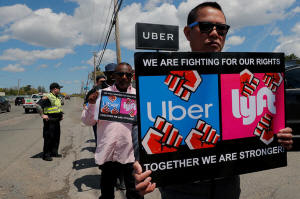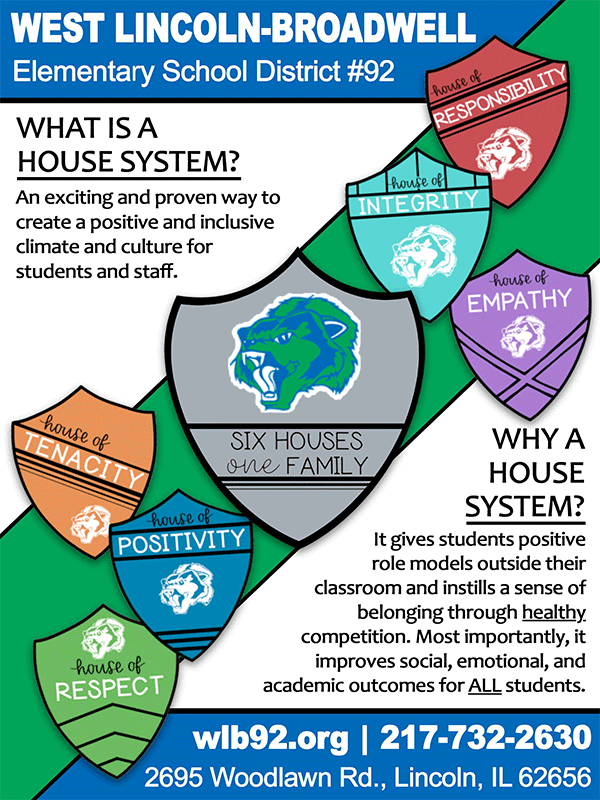|
A group of voters who count drivers and union leaders as members
asked the Massachusetts Supreme Judicial Court to conclude that
the five industry-backed proposals should not have been
certified for inclusion on the November 2024 ballot.
The lawsuit alleges the industry-backed group's petitions
contain multiple, unrelated policy proposals in violation of the
state's constitution, which requires petitions contain only
related subjects, and would confuse voters.
The state's high court blocked a similar measure from appearing
on the ballot in 2022, saying it went too far by including a
"vaguely worded," unrelated proposal that would limit the
companies' liability for accidents by their drivers.
Flexibility and Benefits for Massachusetts Drivers, a group
whose contributors include Uber, Lyft, Instacart and DoorDash,
last year launched a campaign to again seek to classify
app-based drivers as independent contractors entitled to minimum
benefits, rather than as employees.
The proposals would establish an earnings floor equal to 120% of
the state's minimum wage for app-based drivers, or $18 an hour
in 2023 before tips. Drivers would also receive healthcare
stipends, occupational accident insurance and paid sick time.
The issue is critical for gig companies because contractors do
not receive the same legal protections as employees and can be
up to 30% cheaper, according to several studies.
The industry-backed group in a statement called Thursday's
lawsuit a "cynical legal attempt to block the question" and said
its ballot language has been "thoughtfully tailored" to
incorporate feedback from the state's high court in 2022.
The Service Employees International Union's Local 32BJ is
backing a competing ballot initiative that seeks to allow
drivers to unionize so that they can bargain collectively for
working conditions and compensation.
A similar industry-backed measure in California solidifying
ride-hail and food delivery workers’ status as independent
contractors with some benefits was approved by voters in 2020.
A California judge 2021 ruled that the measure, Proposition 22,
violated the state's constitution. But a state appeals court in
March revived the measure.
(Reporting by Nate Raymond in Boston, Editing by Alexia
Garamfalvi and Bill Berkrot)
[© 2024 Thomson Reuters. All rights
reserved.]
Copyright 2022 Reuters. All rights reserved. This material may
not be published, broadcast, rewritten or redistributed.
Thompson Reuters is solely responsible for this content.

|
|




